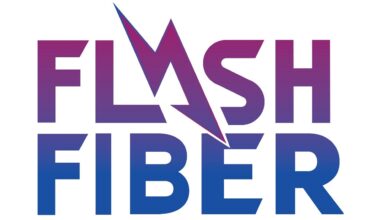Meta Ventures into Artificial General Intelligence Development
Unleashing the Power of Artificial General Intelligence

OpenAI’s declared mission is to develop Artificial General Intelligence (AGI), which refers to highly autonomous systems that outperform humans at the most economically valuable work. Mark Zuckerberg, Meta’s CEO, has now joined the pursuit of AGI. Although he hasn’t specified a timeline or a precise definition for AGI, he is committed to its development. In a strategic move, he has reorganized Meta’s AI research group, FAIR, aligning it with the team constructing generative AI products across Meta‘s apps. The objective is to facilitate Meta’s AI advancements to more effectively benefit its extensive user base, numbering in the billions.
We’ve come to the view that to build the products that we want to build, we need to build for general intelligence. I think that’s important to convey because a lot of the best researchers want to work on more ambitious problems, Zuckerberg says in an exclusive interview.
Zuckerberg is addressing a crucial reality in the tech industry—the intense competition for AI talent. The demand for skilled researchers and engineers in this field is exceptionally high, with companies competing for a limited pool of professionals. Individuals with the requisite expertise can negotiate substantial compensation packages, often exceeding $1 million annually. CEOs, including Zuckerberg, frequently find themselves directly involved in efforts to attract key talent or retain researchers who might be tempted to join a rival company.
EU Agrees Landmark Deal on Regulation of Artificial Intelligence
None of the figures involved in AI, including Zuckerberg, have provided a precise definition for Artificial General Intelligence (AGI) or a specific timeframe for its realization. AGI represents a theoretical form of artificial intelligence that possesses the ability to understand, learn, and perform any intellectual task that a human being can.
Mark Zuckerberg suggests that Meta’s expanded emphasis on Artificial General Intelligence (AGI) is motivated, in part, by the release of Llama 2, the company’s latest large language model (LLM) in the previous year. Despite Meta’s initial belief that the model’s capability to generate code might not align with user needs in Meta’s applications, the decision to incorporate this feature was driven by the recognition of its significance in advancing AI capabilities and enhancing the development of more intelligent AI systems.
Difference Between Artificial Intelligence and Machine Learning
Meta is currently engaged in training Llama 3, which will include code-generating capabilities, according to Mark Zuckerberg. The company’s focus extends to enhancing advanced reasoning and planning abilities, akin to Google’s new Gemini model. Zuckerberg acknowledges that while Llama 2 wasn’t an industry-leading model, it stood out as the best open-source model. With Llama 3 and subsequent iterations, Meta aspires to create models that are not only state-of-the-art but eventually become industry-leading.
PTA Taxes Portal
Find PTA Taxes on All Phones on a Single Page using the PhoneWorld PTA Taxes Portal
Explore NowFollow us on Google News!





